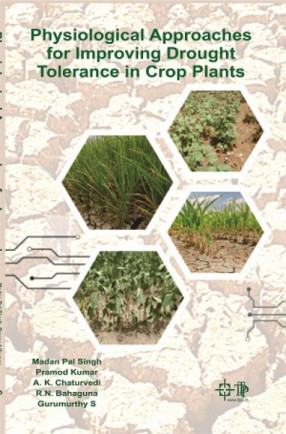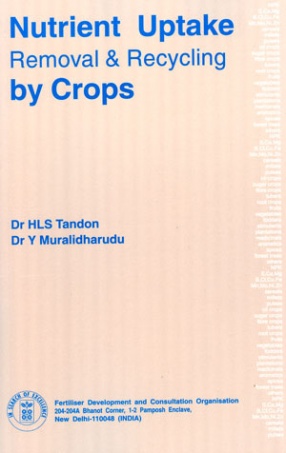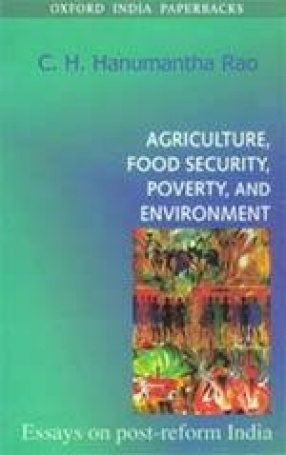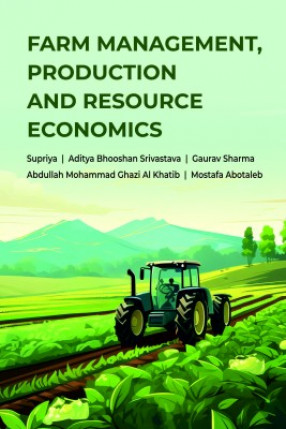Physiological Approaches for Improving Drought Tolerance in Crops Plants
Globally, drought is one of the most serious constraints for crop production and is projected to worsen with anticipated climate change. Dry regions in India comprising of about 94 mha and about one-third of India’s population live in these areas and more than 50% of the region is affected by drought once every four years. Drought is a predominant cause of low yields worldwide. Inter-disciplinary scientists have been trying to understand and dissect the mechanisms of plant tolerance to drought stress using different approaches; however, success has been limited. Tolerance to drought is a complex quantitative trait controlled by multiple genes. To address the complexity of plant responses to drought, it is vital to understand the physiological basis of this response. Plant physiological research improves our understanding of the complex network of drought tolerance related traits thus improving selection efficiency. Better understanding of physiological approaches and how approaches are related to whole plant strategies to increase crop productivity under a wide variety of drought conditions is need of the day. The present book, Physiological approaches for improving drought tolerance in crop plants, has emerged out of the enormous growth in research on physiology of drought tolerance that has taken place within the past few years. The book covers a wide range of topics on the physiological approaches for improving drought tolerance and crops production under water limited conditions. We are very much sure that this book would be very useful for the students, teachers and researchers working in the area of drought tolerance.
Get it now and save 10%
BECOME A MEMBER











Bibliographic information
Promod Kumar Pandey
Promod Kumar
A K Chatruvedi
Ors.